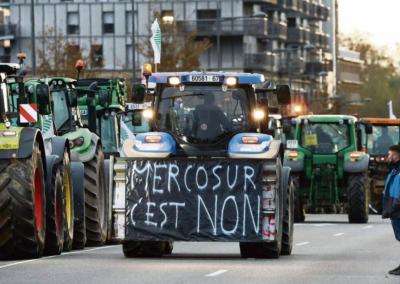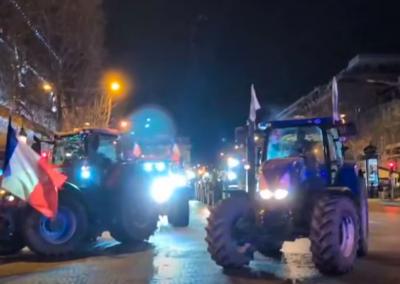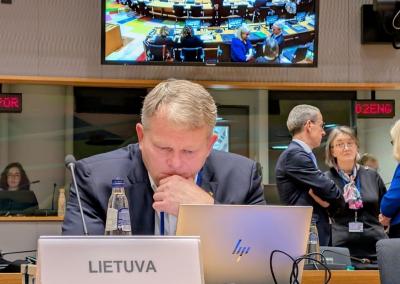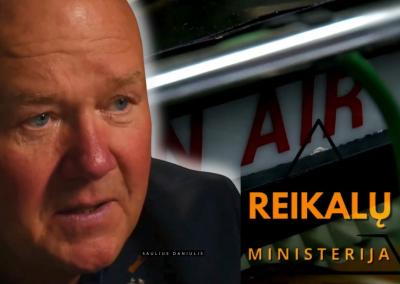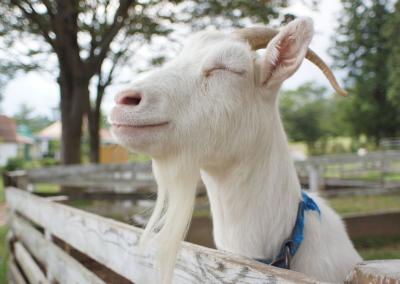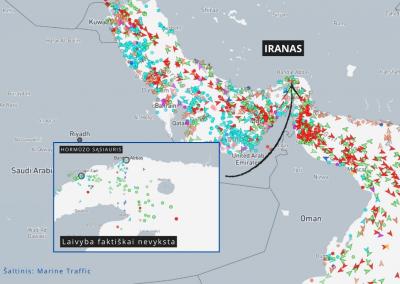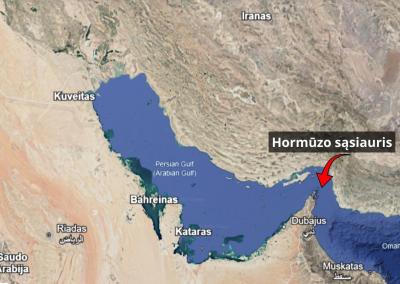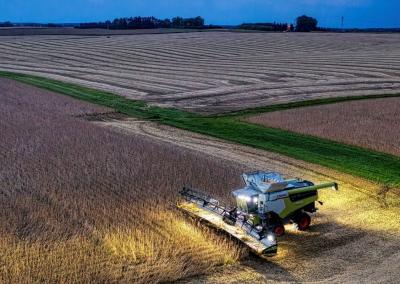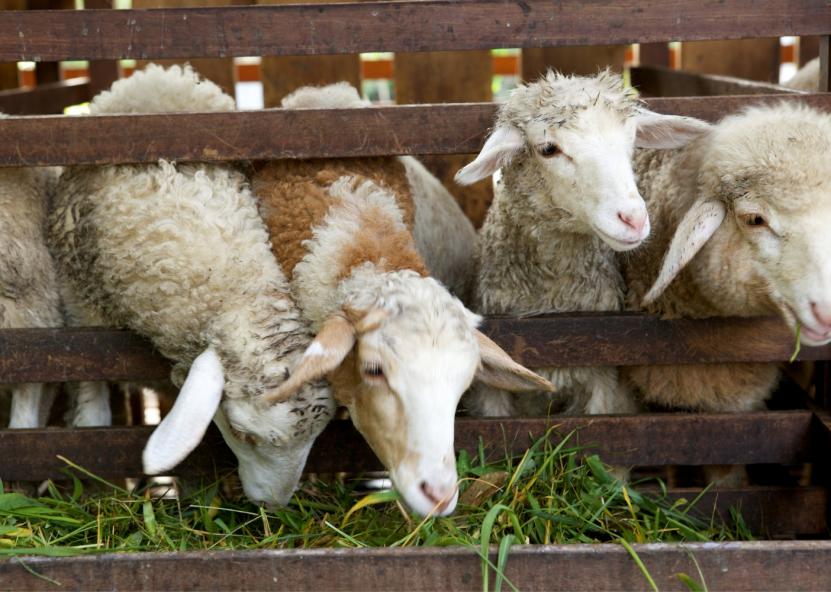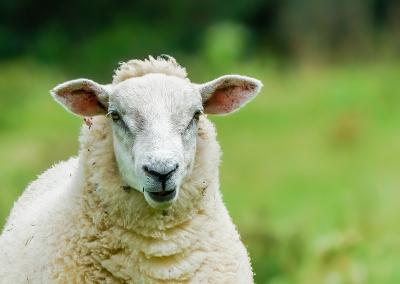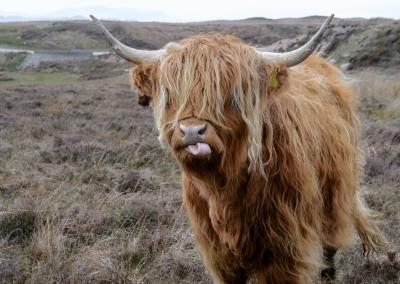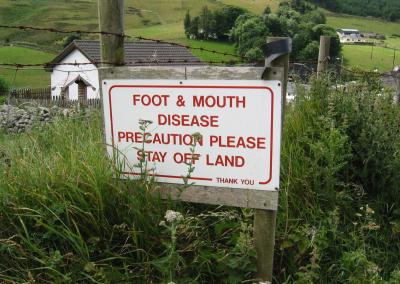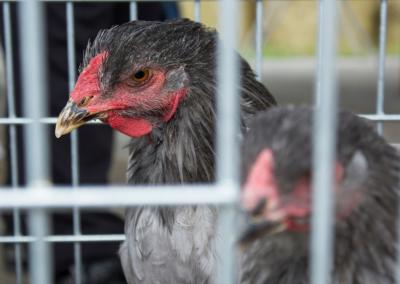Any activity with farm animals banned by the VMVT?
From 14 March. An order issued by the State Food and Veterinary Service (VMVT) in Lithuania banning events with cloven-hoofed farm animals, i.e. cattle, pigs, sheep, goats, alpacas, and llamas, has entered into force. This measure was taken following outbreaks of foot-and-mouth disease (FMD) in Germany and Hungary. The HVO hopes to prevent the introduction of the disease into our country. However, the decree has caused a lot of anxiety among farmers who carry out various educational activities with farm animals – can they still be allowed to continue with such activities?
The Ordinance
„The ban issued leaves a lot of room for interpretation“, – convinced farmer Linas Indriliūnas. In addition to his main farming activities, the man, like some other small, well-organised farms, runs a complementary business which includes educational activities with farm animals. „It is not sure whether such educational activities can continue now that the ban has come into force“, – Mr Indriliūnas did not hide his concern.
VMVT Chief Veterinarian Vaidotas Kiudulas, quoted in the MoHFW press release, pointed out that FMD is a highly contagious disease and the greatest risk of spreading it is through the movement of animals, infected animals, people in contact with the disease, or animal products from dangerous areas. For this reason, the Order prohibits events and activities involving farm animals.„The letter has been received by all livestock farmers' associations, but it lacks detailed explanation“, – says L. Indriliūnas.
Unclear reply
The farmer contacted the VMVT about the possibility to continue the educational sessions. Interestingly, when he asked for more precise information from the VMVT office in a smaller town, they did not know what was going on, and the Vilnius office was not in a position to provide specific answers," says L. Indriliūnas.
The farmer is also concerned about whether the authority that adopted the law has thought through some kind of compensation mechanism, as some farms may have various financial obligations.
„I have heard that the farms that provide education are planning not to carry out their activities for the time being. If they do have to stop the educational activities, it will be a sad situation," said L. Indriliūnas.
When asked by the National Paying Agency under the Ministry of Agriculture (NPA) how the NPA views the ban and whether it will affect the accountability of farmers conducting educational activities, Vaiva Kovaliūnienė, Head of the Communication Department, stated that the NPA does not administer activities aimed at educational activities with farm animals.
Educations are not prohibited
The NMA press office assured that educational activities with farm animals are not prohibited under strict safety requirements.
„In order to reduce the risk of spreading infectious diseases, the State Food and Veterinary Service prohibits the organisation of events in public places, which are subject to permits issued by the municipalities and which are subject to notification to the State Food and Veterinary Service“, – the information on the prohibition has been specified by the Service. Farmers can therefore continue to hold educational activities on their farms, subject, of course, to compliance with the biosecurity rules.
„We believe that farmers understand the seriousness of this situation and are ready to cooperate in order to prevent the introduction of these diseases into Lithuania“, – confirmed the VMVT.
Leaders of livestock associations „Agrobitei“ expressed concern that despite the ban, the Academy of Agriculture of the State University of Latvia is planning to host the exhibition „Livestock 2025“. The Academy has been promoting the exhibition until now, and it is scheduled to take place from 25-27 September. „Does this mean that there are more equals than equals“, – rhetorically asked the head of one organisation.
And indeed, the „Expoacademia.lt“ website still announces that „The exhibition will feature various breeds of dairy and beef cattle, horses, sheep, goats, rabbits, poultry and other animals“.















